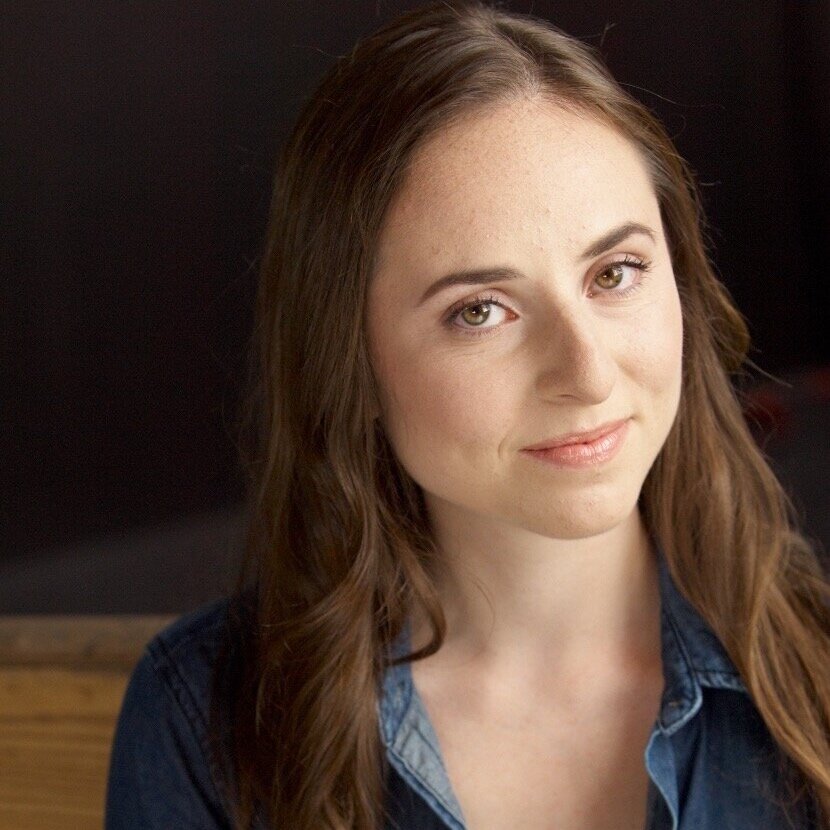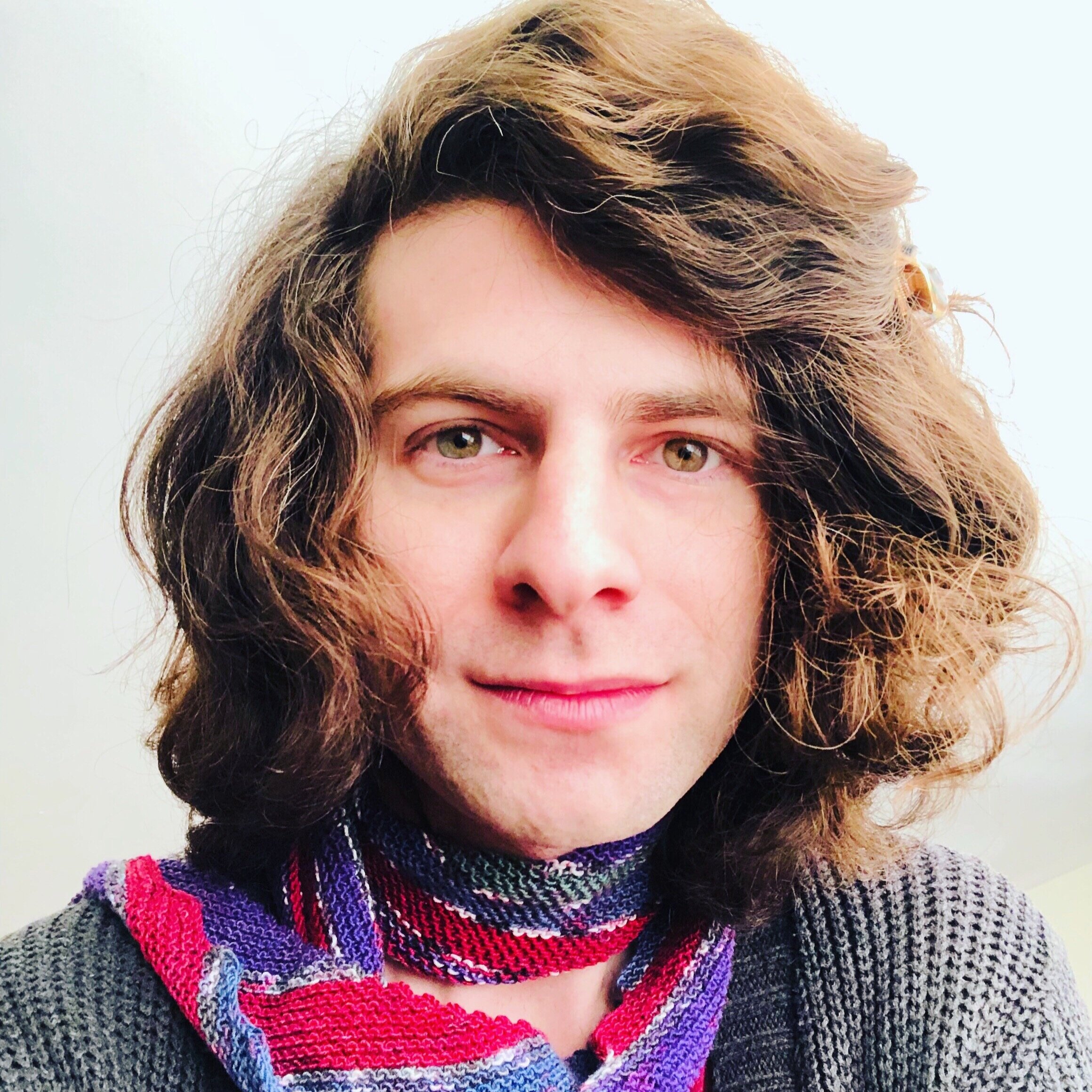The Plays
Merlin Simard, Playwright
ZADDY ISSUES
by Merlin Simard
ZADDY ISSUES is a bilingual (English/Français) play that examines the profound, Freudian impact of shitty father figures in the early formation of desire. This piece is a love letter to flawed millennial dating patterns, to the complexity of untranslatable linguistic identities, to the adversities of the trans experience, but most importantly, a love letter to the deep fractures left by our childhood.
Kama La Mackerel, Dramaturge
athena kaitlin trinh, Playwright
49th Day
by Athena Kaitlin Trinh
A proudly immigrant story of love, war, and familial reconciliation: 49TH DAY takes us to a cemetery in Việt Nam where a young woman makes offerings and performs rituals for her deceased grandmother. A poetic investigation of intergenerational trauma and displacement; inspired by real life experiences, this piece is a love-letter to elders everywhere. The show is performed in English and 廣東話.
49th Day premiered at Toronto's Next Stage Theatre Festival 2020, produced by Theatre Artaud and Angela Sun. The piece was developed under the mentorship of Nina Lee Aquino and Factory Theatre's The Foundry creation group. The development of this show was made possible with funding from Factory Theatre, Nightwood Theatre, and Nightswimming Theatre under the Ontario Arts Council's Recommender Grants program.
Donna-Michelle St. Bernard, Dramaturge
Roxhanne Norman, Playwright
Jane Doe
by Roxhanne Norman
Three teens break into a morgue. Their best friend is missing, and a recently-found Jane Doe may be their only hope in solving her disappearance. When the voice of her ghost begins to speak, they’re left with more questions than answers: what matters more, truth or closure? How late is too late? And why would someone make their safe word “onion rings?” Jane Doe is a queer, disabled, one-act spin on the teen supernatural mystery – and what happens when the real monsters aren’t just an old man in a mask.
Alex Bulmer, Dramaturge
Rebecca Ostroff, Playwright
In Her Madim
BY Rebecca Ostroff
Miriam is a Canadian volunteer on an Israeli kibbutz, with dreams of joining the Israeli Defense Forces. An airstrike forces her into a bomb shelter with Yael, a bitter IDF soldier on the tail end of her mandatory service. While Miriam is desperate for belonging and Yael longs for freedom, the two develop a short, intense connection that is at once complex and pure. But when the coast is clear and the pressures from outside come creeping in, can they remain committed to each other and the connection they built?
Marcia Johnson, Dramaturge
Daniel Sarah Karasik, Playwright
be careful with each other (so you can be dangerous together)
by Daniel Sarah Karasik
be careful with each other (so you can be dangerous together) is a poetic drama about the complexities of personal & collective transformation: about the ways transformation can play out in experiences of trans-ness, in politics of police/prison abolition and transformative justice, in mass movements towards liberation. A study of conciliation and its limits.
Sarah Kitz, Dramaturge/Director
Laura Mullin, Playwright
History of Visual Sources
by Laura Mullin
Simone wrestles with the decision to report a male student’s confession to her: He fantasizes about killing his professor.
A coming of age story about Simone, a theatre student in the 1990’s who feels unremarkable and unmemorable among her university residence community of eccentric personalities. During a late-night homework session for an upcoming project, a socially awkward “loner” classmate makes a dramatic confession: He has fantasies about killing a professor. His revelation, on the heels of the Montreal Massacre, unleashes an unease and insecurity in Simone that compels her to report him to the residence, Don. Years later, she and Andrew are both still dealing with the fallout.
Beverley Cooper, Dramaturge
Phoebe Tsang, Playwright
FUGITIVE VISIONS
by Phoebe Tsang
It's 2019 and Canadian pianist Mary Wang takes a break from her performance schedule, haunted by a phantom wrist injury and the Goddess of Democracy, whom she last saw on television in 1989. As civil unrest brews in her homeland of Hong Kong, Mary struggles to reconcile the cost of her privilege within the cloistered world of classical music. Can music bridge issues of belonging and identity, freedom and responsibility?
Elyne Quan, Dramaturge


















